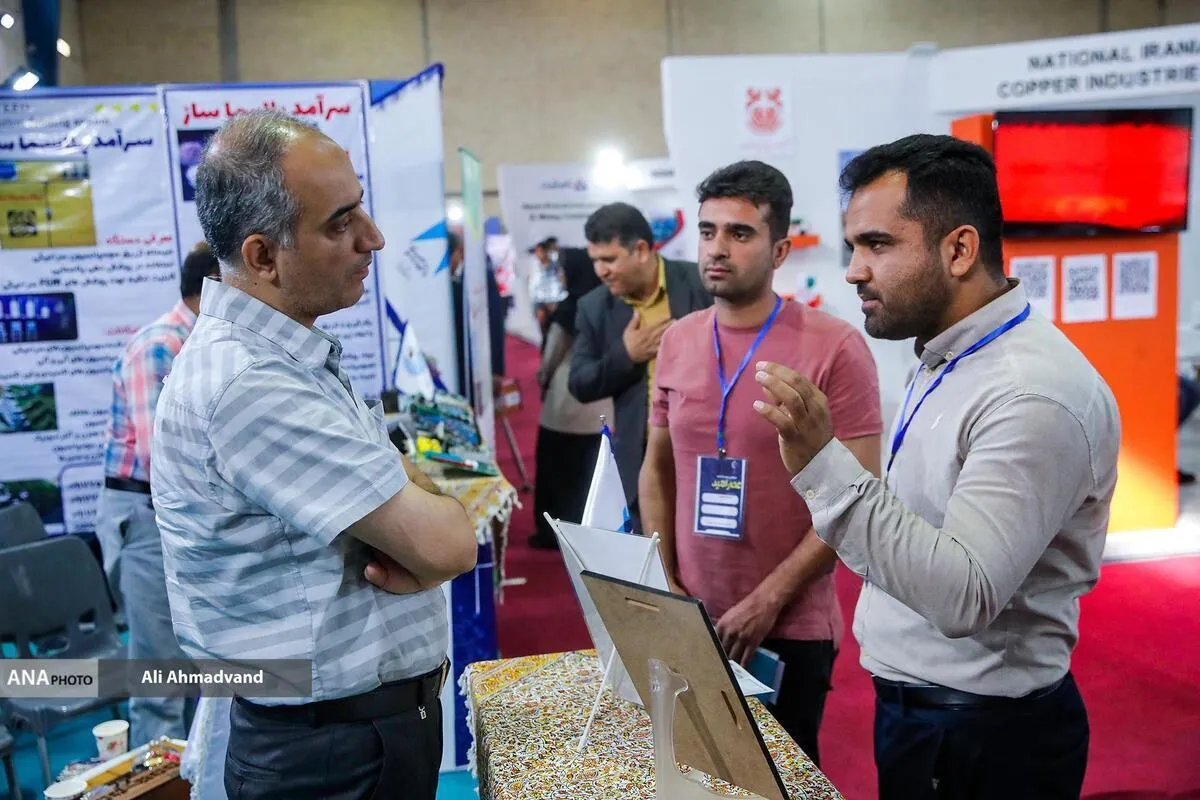Iranian Scientists Produce Water-Based Ceramic Suspension Device

“Different researches in the field of thermal shield coatings, which is a key issue in the power plants, gas turbines, energy, and auto-making industries, are being carried out ,” Abdol Rasoul Qiasi, the managing director of the knowledge-based company, which has produced 'feeding system for suspension plasma spraying device to create functional FGM (Functionally Graded Materials) coatings’, told ANA.
“The necessity for using nano materials to achieve a coating with better properties has been noticed by researchers which have been directed towards the use of nano-based materials suspended in the liquid phase and aqueous environment due to environmental issues and for ease of injection into the plasma spraying system,” he added.
Noting that his company took the initial steps to build the first device 6 years ago, Qiasi said, “We were able to achieve very good results in the field of suspension production by examining and conducting various tests.”
“Today, our knowledge-based company has pioneered as the first technological firm compared to its competitors, i.e. a company in the US that is the only manufacturer of another type of this device. Of course, the US model is single-tank and only capable of producing one coating with a ceramic composition. But the device made by the researchers of our company enjoys the capability to produce composite coating and FGM functional materials,” he added.
“The device manufactured by our company works with 4 tanks and is able to combine 3 components of ceramic powder that can create a composite coating or FGM,” Qiasi concluded.
Earlier, in June, Ebrahim Vahdat, the managing director of 'Keyfiatsazan Tose'eh San'at Farda' company stationed at the Islamic Azad University's Amol branch, had elaborated on the application and features of the ‘FGM graded metal’ product, and told ANA, “Based on the required properties, we are able to vary the physical and mechanical properties of the material along with the thickness of the piece in a way that the mechanical properties from the surface to the core of the part changes with a specific function, and therefore, we can maximize the hardness of the part on its surface and minimize it in the core.”
“Based on the FGM graded metal design and the use of the centrifugal casting method, these types of materials are produced that have no material restrictions and include any material like steel, cast iron, aluminum, and copper, and we can produce these data-x-items in a graded manner since the density of various elements is different,” he added.
“The alloy material used by our company has not been used in the world so far; we added 26% copper, 8% silicon and 2.3% lithium to the graded FGM metal which has been done for the first time in the world,” Vahdat said.
In materials science, Functionally Graded Materials (FGMs) may be characterized by the variation in composition and structure gradually over volume, resulting in corresponding changes in the properties of the material. The materials can be designed for specific function and applications.
4155/v





















